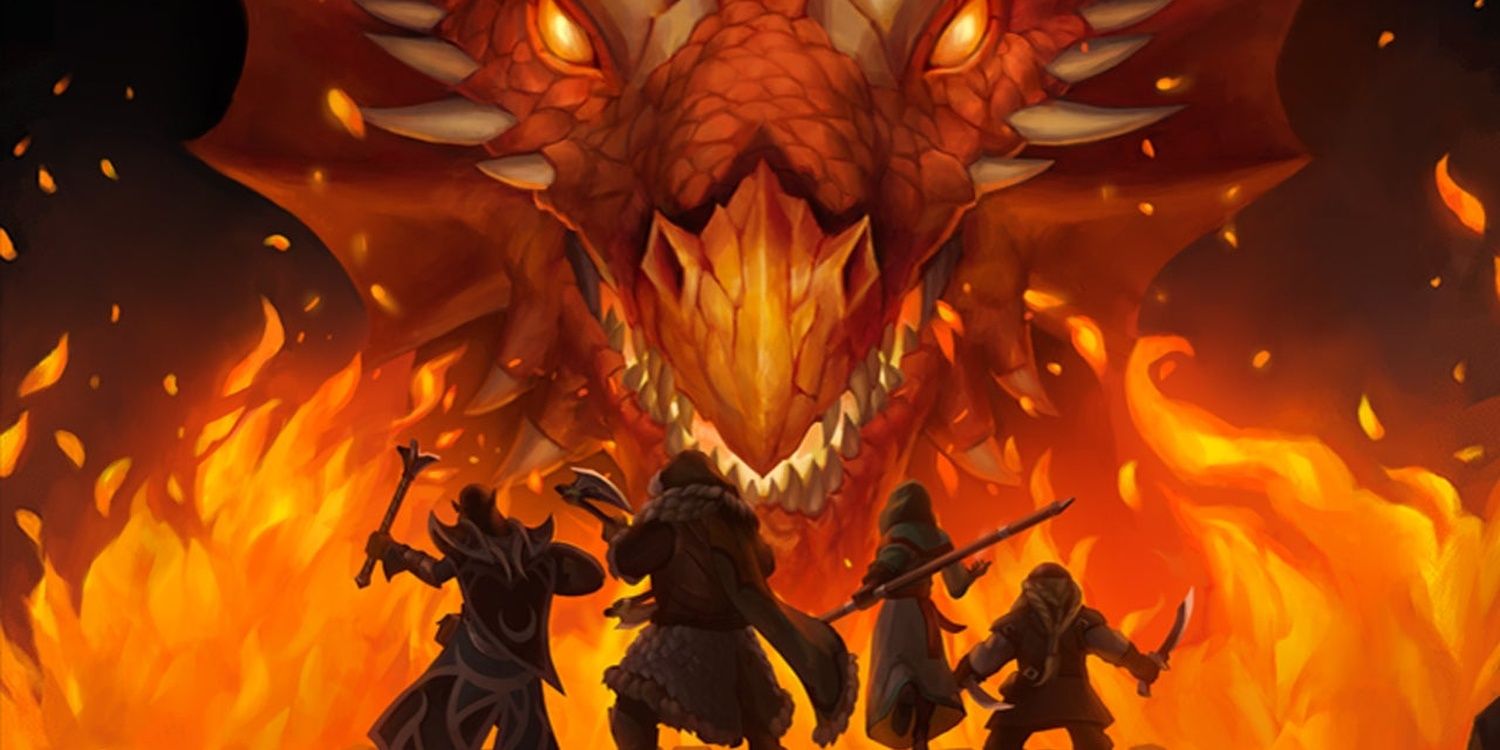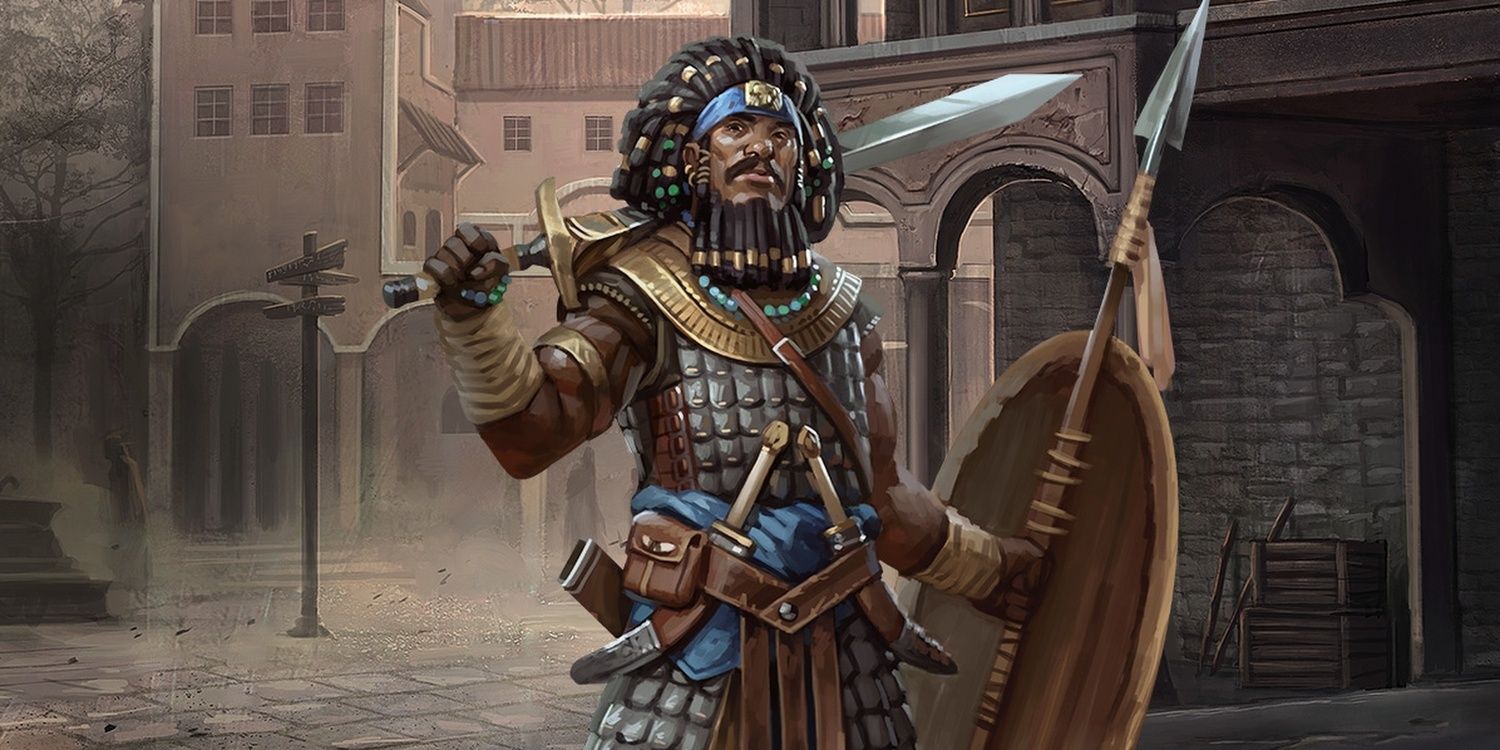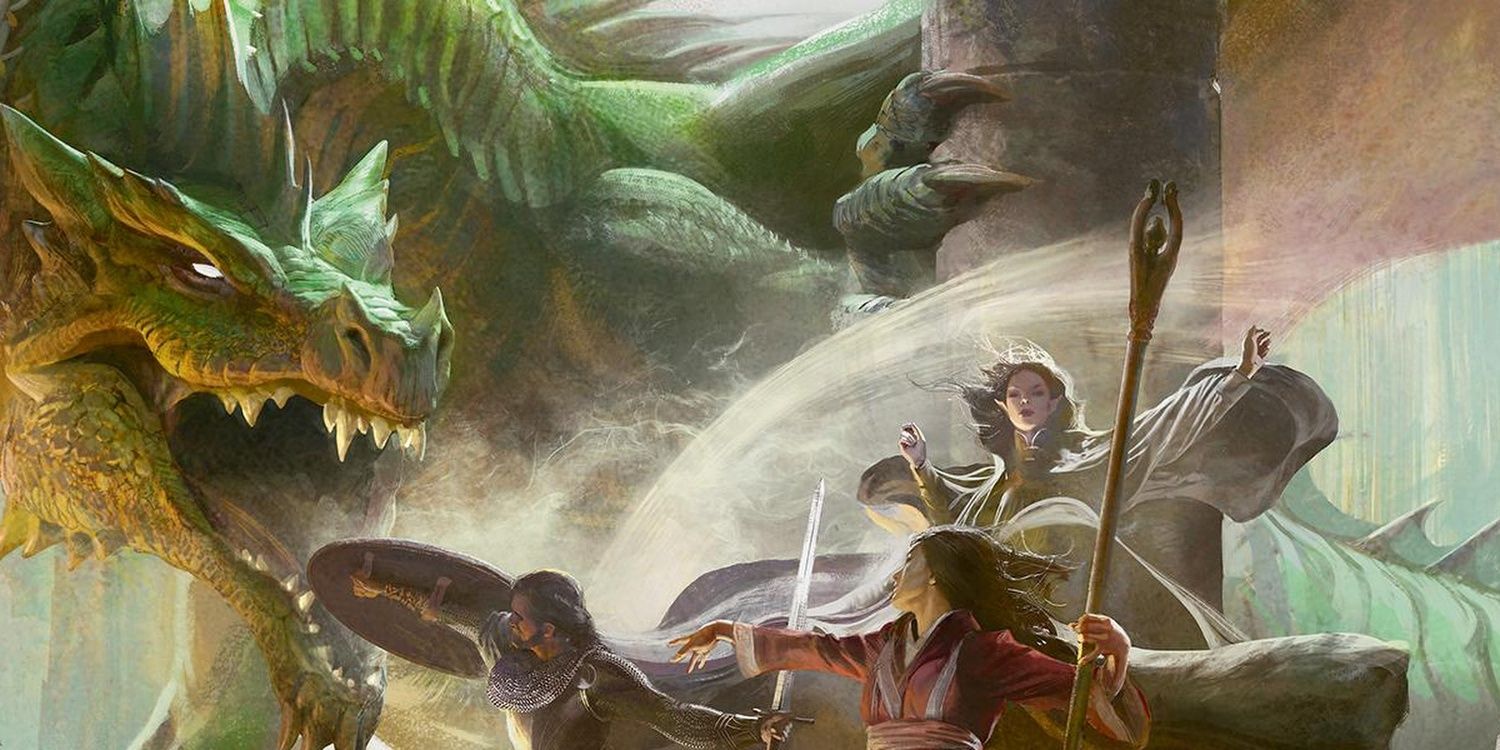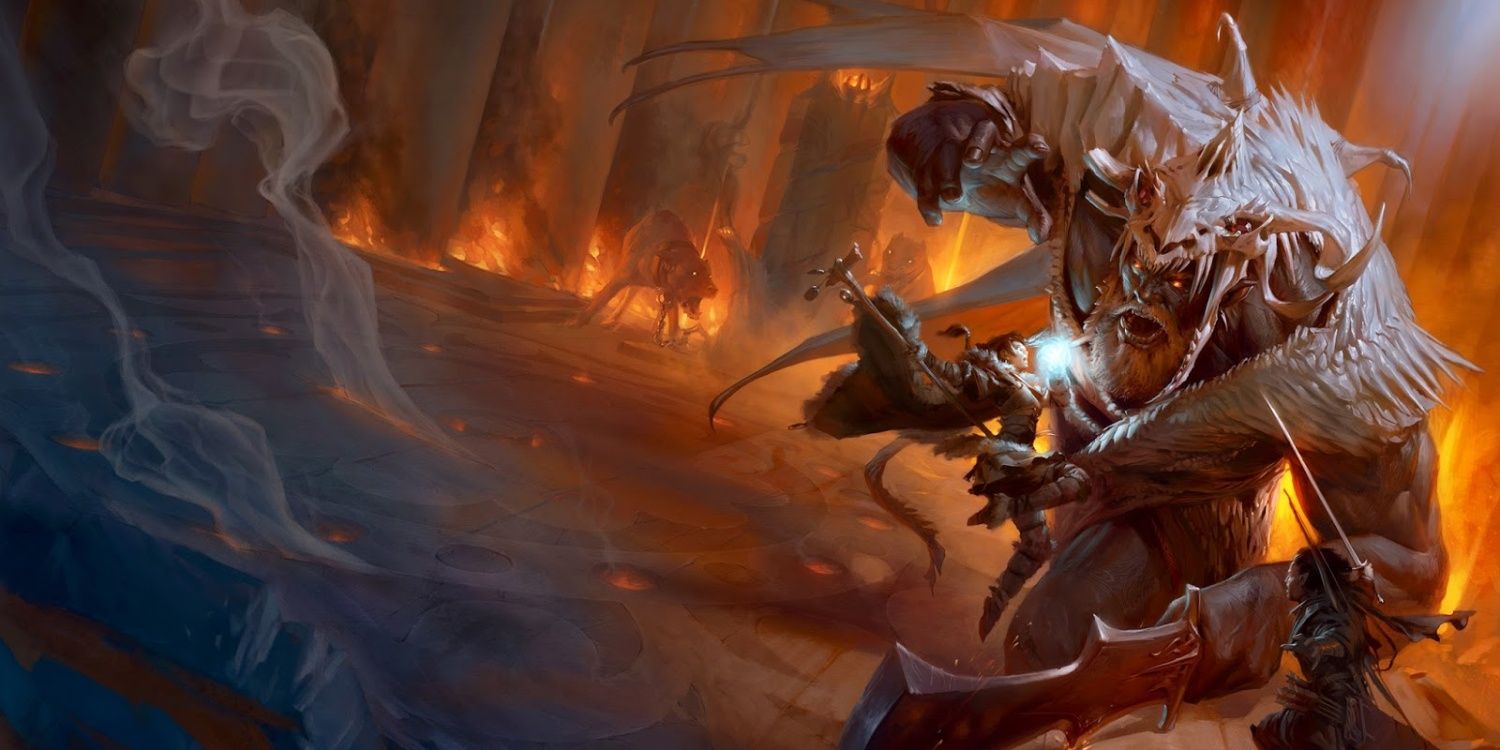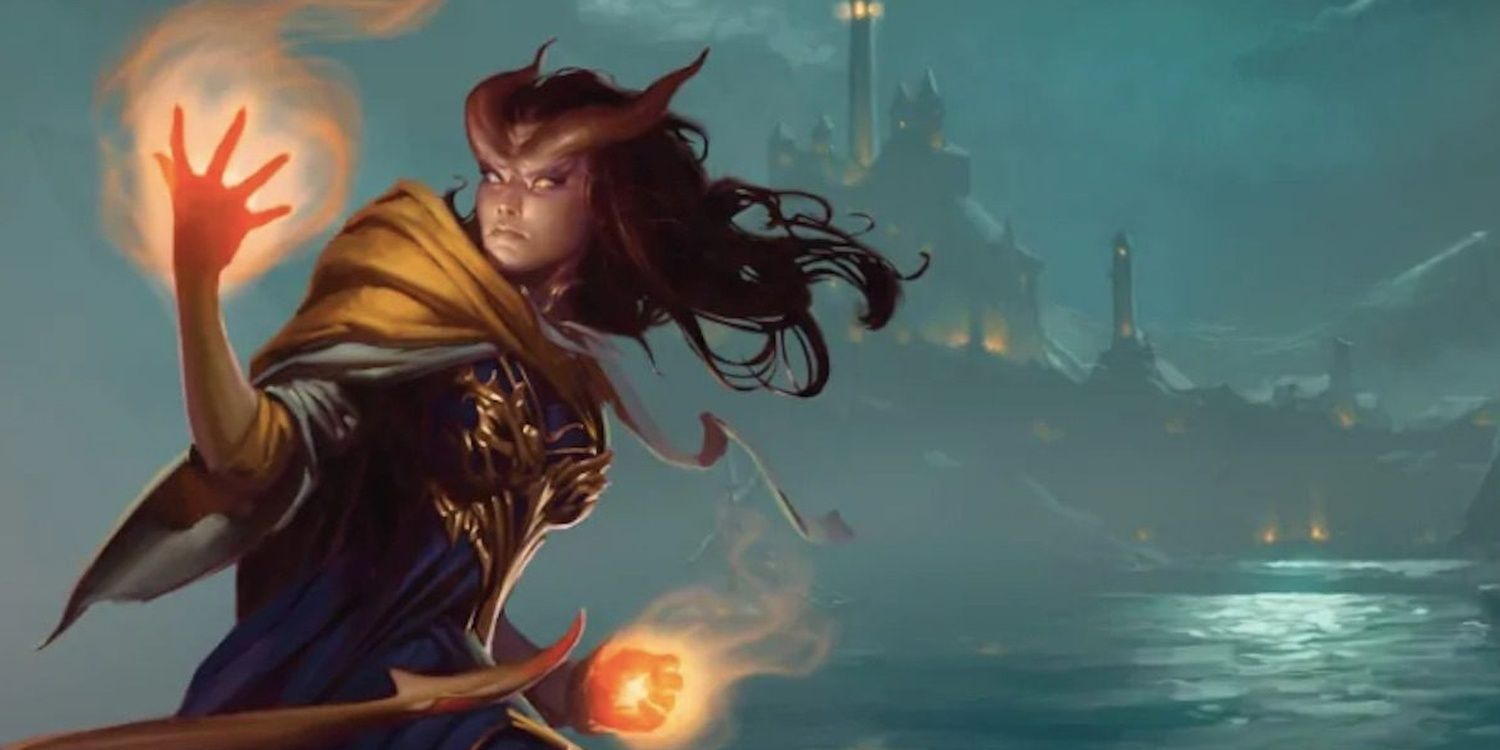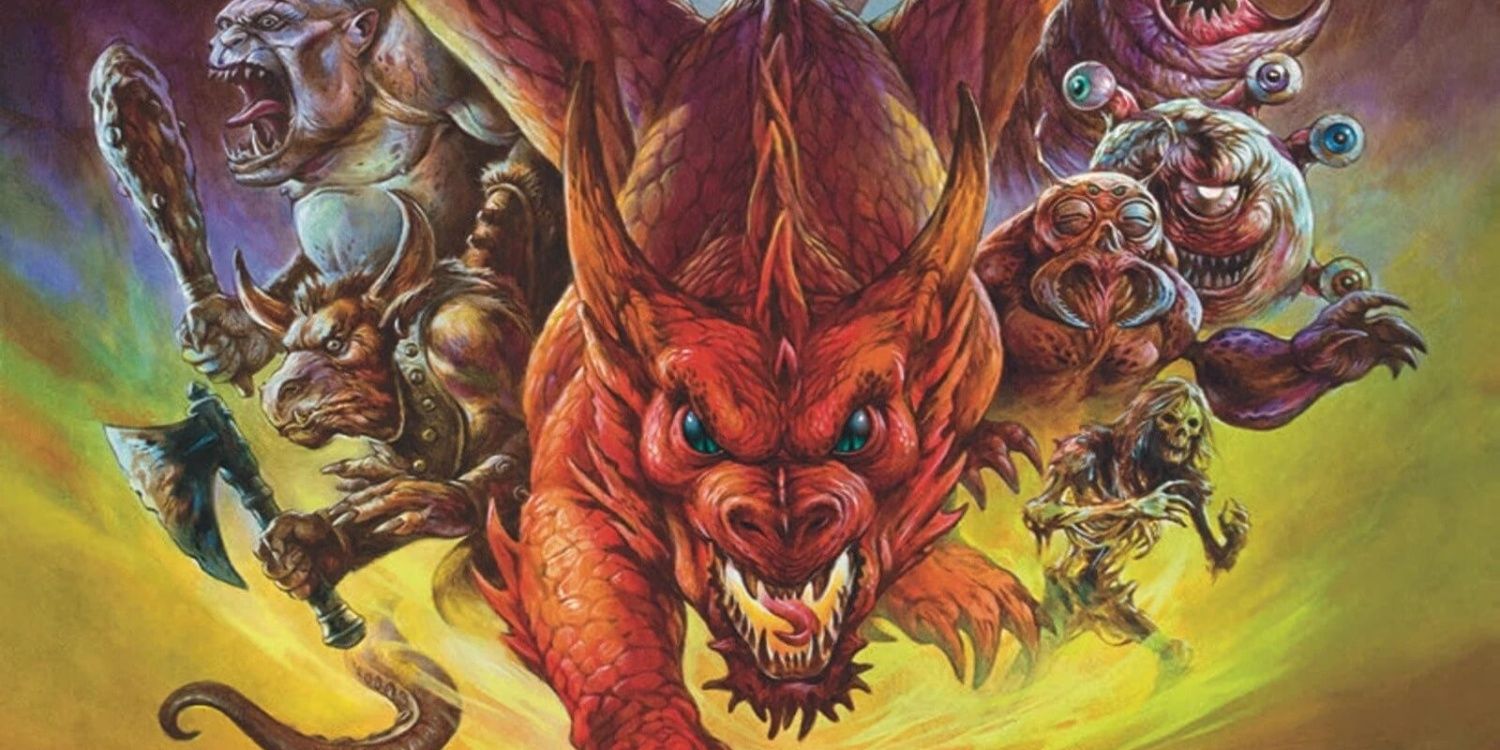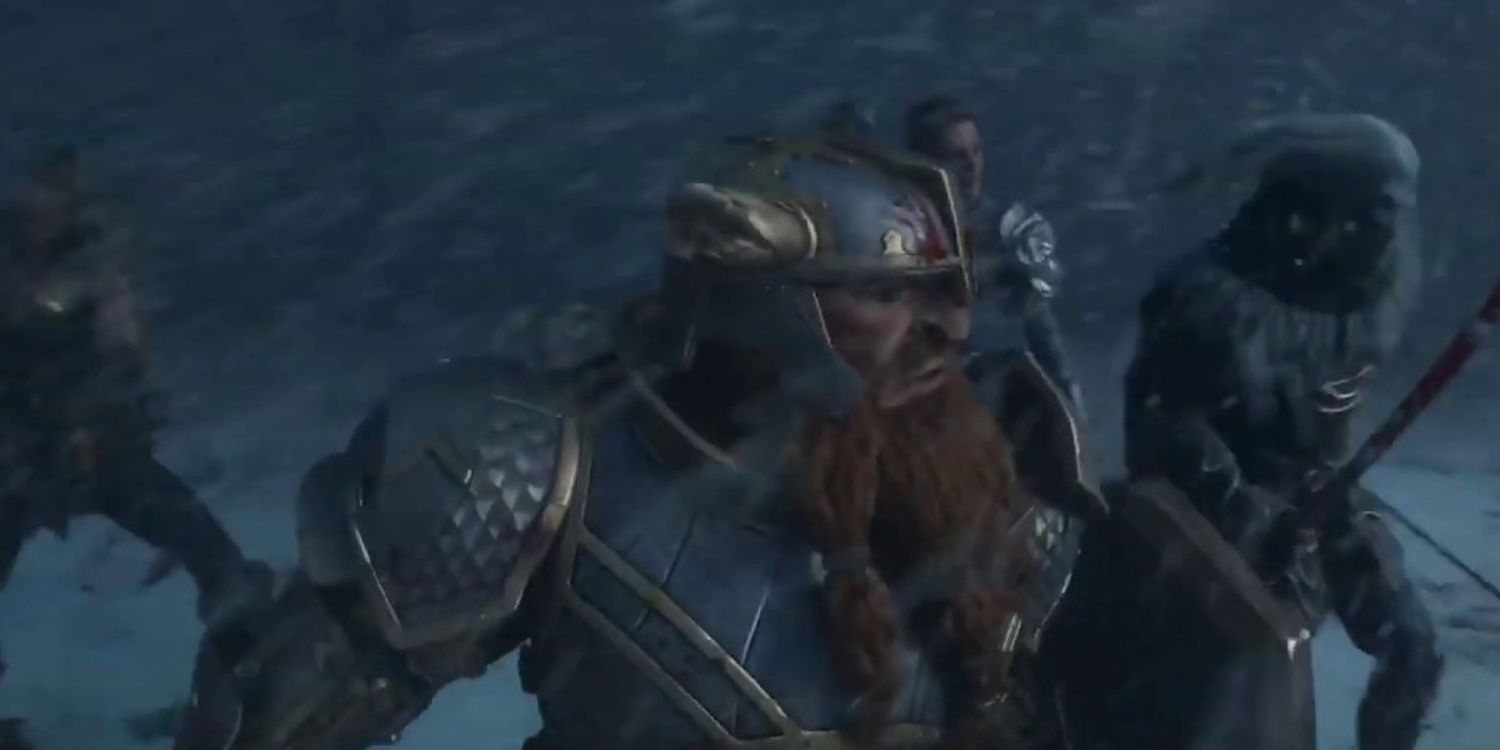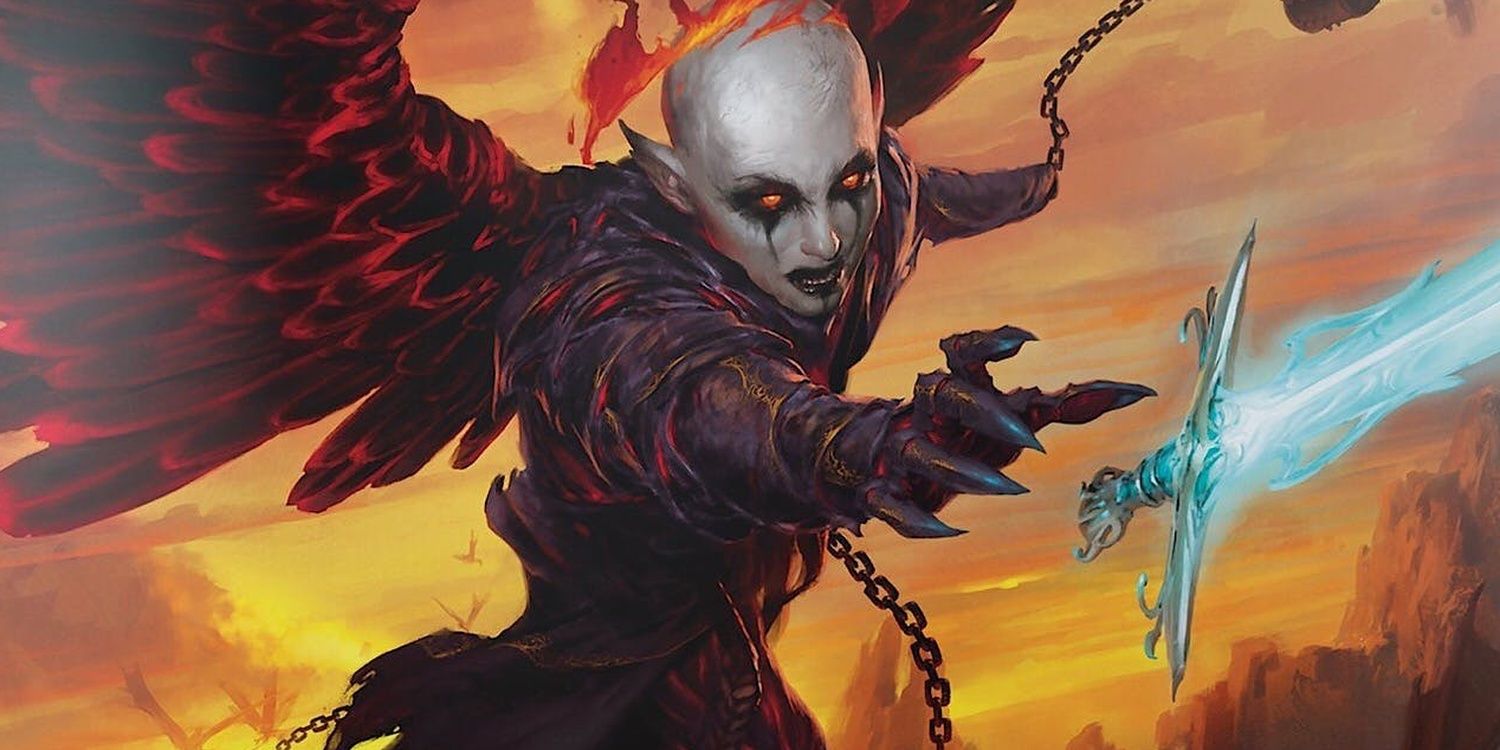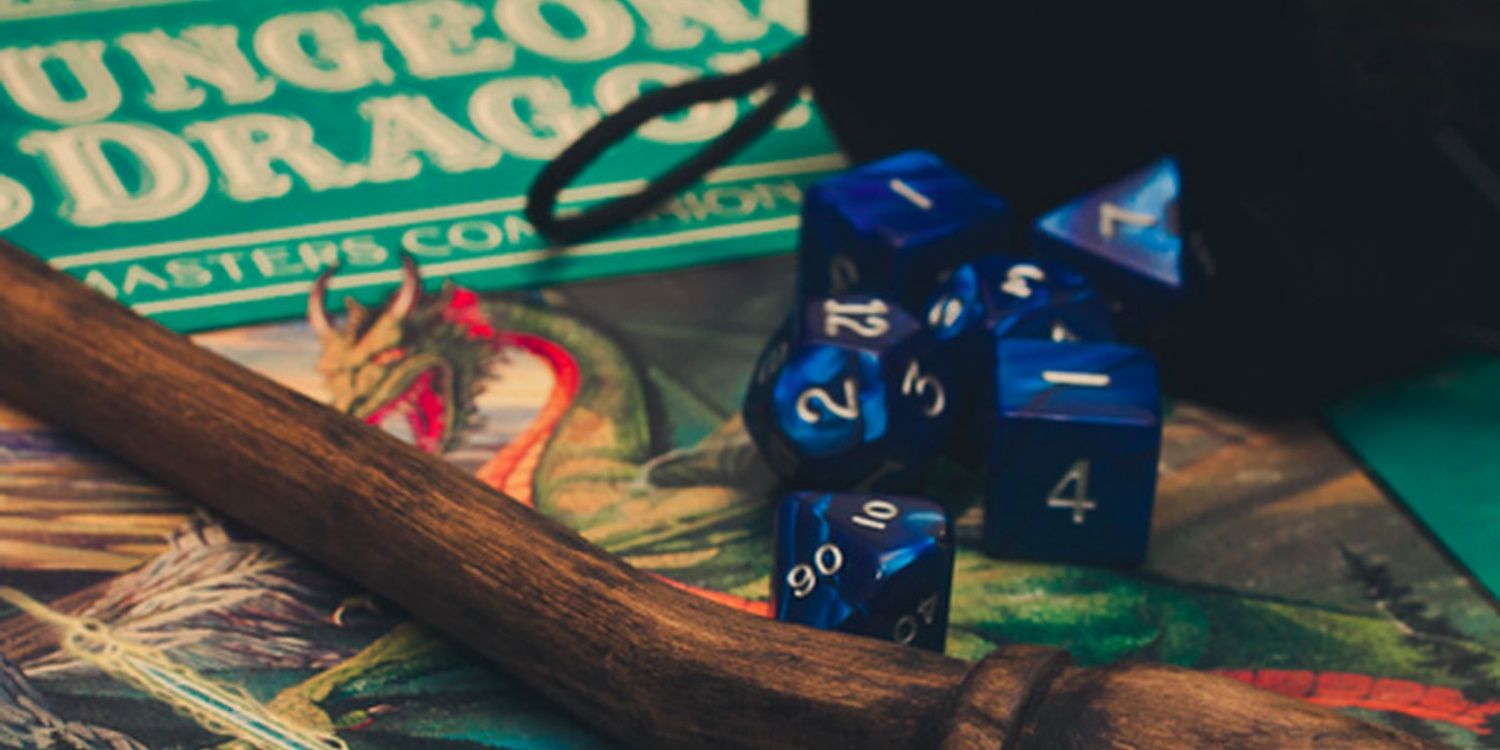Dungeons & Dragons is a vast experience that challenges players in a variety of ways. As you evolve throughout your experiences with the game, you’ll find that no two campaigns or play sessions will be alike. The vast number of possibilities, along with the minds of three or more independently thinking individuals, creates a variety of situations that are literally unlimited.
Along with unlimited play experiences come unlimited issues which players can encounter. While there isn’t a setlist of issues that can be encountered, some are more common than others. Of all the possible game-ruining obstacles, here are ten of the most common along with tips for preventing them.
10 Setting On A Location And Schedule
The hardest challenge for adults playing D&D is establishing when and where to play. As life advances and responsibilities are added, it becomes harder and harder to settle on whose house your group will play at or which time and day of the week.
One easy solution, which it’s amazing that people don’t use more often, is to play online. While this method does present its own set of challenges, a group of players who know and trust each other well enough can easily use technology to bridge the location issue. For schedules, a rolling schedule might work best for some groups. Maybe you play on Saturday at noon during one session, then Fridays in the evening next time. This isn’t ideal, but sometimes everyone has to make the sacrifice.
9 Balancing A Party
You’ve got your players together. You’ve designated a location where you will play and you’ve established a schedule. All that’s left is determining your roles. Unfortunately, two players really enjoy rogues and the other two enjoy wizards. No one is willing to compromise. What do you do?
There are actually a few solutions to this. Ideally, a few players will be flexible and negate this situation. If they aren’t, you can still salvage the group. One idea is to run a campaign based around their similarities. Perhaps the rogues belong to the same thieves’ guild. At the onset, they can be given a mission that requires the aid of the other player's choices. This actually assists with another common issue.
8 Keeping A Party Together
Why are your characters sticking together? D&D should be an immersive experience. Roleplaying is the key component to the game, and giving your players a reason their characters should stick together is a core responsibility of the DM. A lack of direction causes chaos among seasoned players and fosters a poor experience for players at all skill levels.
Above is a specific example. A more universal solution is to work with players on their backstories. Odds are, you’ll be able to find lines that connect characters and allows you to give them a connection that binds them. If connections cannot be formed, there’s always the cliché of capturing everyone and giving them a common enemy. Eventually, though, you’ll have to give them more.
7 Poor Roleplaying
As mentioned above, D&D is primarily about roleplaying. If you’re reading this article you probably already know that. Mechanics are learned, and while some are necessary to start, many are developed over time. Roleplaying is as well. Unfortunately, a poor roleplayer can ruin the group dynamic.
The heart of roleplaying is immersion. One thing DMs can do to encourage this immersion is to narrate actions such as combat. Rather than saying “you hit for x damage,” DMs can say “you swing your sword, visibly damaging your opponent’s armor. He winces under the might of the blow before readying his next attack.” Speaking in-character is also of the utmost importance.
6 Keeping A Group Together
Since we’ve already looked at several factors that can negatively impact a player’s experience, let’s discuss the fallout. It is almost a universal truth that one player will miss at least one session at some point. How your player group reacts to this is critical in ensuring the long-term success of your campaign.
One solution is to run smaller story-arcs within the campaign. If players know ahead of time that they will miss a session, they can be separated from the group within the story and rejoin at some point. If they leave permanently, they can also be replaced. Another option is to simply continue their character as an NPC until they return or can be replaced with a new player. Struggling along can lead to the dissolution of a campaign.
5 That One Player
The point is, this is the person who ruins the campaign by demolishing every obstacle and making other players feel insignificant. While this is most likely going to be a magic class, each class has its own benefits, and the burden lies with the DM to present challenges that employ every player’s weapons.
The real solution is just that. Present challenges which require the skills of other players. If your spellcasters are carrying combat, include encounters which are resistant to magic. If your rogues are feeling underwhelming, make sure to include those challenges outside of combat which employ their skills.
4 Maintaining Interest
Failing to make players feel invested in their characters or the campaign will drive them away. A variety of factors can contribute to this, but most commonly, players will lose interest because the campaign isn’t what they expected, they don’t enjoy the character they’re playing, or they aren’t making meaningful contributions.
You can’t change the campaign overwhelmingly without starting over, and we already discussed balancing contributions above. But what do you do when players don’t enjoy the new class they’re trying out? If it’s the difference in retaining an important member of your playgroup, let them roll a new character. Work in a logical way to kill their current character and bring in the new one.
3 Worldbuilding
Speaking of restarting your campaign, what do you do when the world isn’t what you intended? We’ve all DM’ed our first campaign at some point, so we understand the struggle. What new DMs might not understand is the work that goes into it. If you want to run an original campaign with original characters and story, you’re going to have to do the work to flesh it out.
But maybe that isn’t your concern. If you’re new to worldbuilding, there’s nothing wrong with using a premade campaign setting. Even experienced DMs will occasionally run these modules. As you grow, you can tweak settings from these worlds or use them as basic frameworks. They’re excellent resources and should absolutely be used.
2 Players Not Following Your Intended Path
As a DM, nothing is more frustrating than the hours of preparation that go into planning out a session, only to have players completely miss that one minor detail or ignore a specific context clue. As a rule of thumb, players should only be pushed in a specific direction when they have the illusion of choice which makes them think that they’re in a sandbox.
Our solution is simple: create living worlds. Play out a sandbox. Map out your world. Let encounters have impact. Let choices have options. The best campaigns you will ever play in are sandboxes where the DM is advancing a living world behind the scenes. Maybe the players ignored a friendly city with the intentions of doubling back later. Have their enemies take over the city before they return!
1 Physical Resources
The final item that we want to include here is one which has plagued player groups for years. What happens when everyone shows up and one player doesn’t have a blank character sheet or dice? What about pencils or grid squares? Lots of physical needs go into a D&D session. The host is typically relied on to have extra materials on hand.
Preparation is the simple solution to this issue. Once a location is established, keep a stack of character sheets there. Maintain extra sets of dice. Keep basic supplies such as pencils and pencil sharpeners. A good play location should always be stocked for the event that at least half of your playgroup shows up empty-handed.

